
Onchain attestations are rapidly transforming how Know Your Customer (KYC) processes are managed in the decentralized world. As Web3 projects, DeFi protocols, and token sales grapple with balancing compliance, privacy, and user experience, the emergence of onchain KYC attestations is proving to be a game-changer for allowlists and identity verification.

The Mechanics of Web3 Allowlists and Their Challenges
In the landscape of token launches and NFT drops, allowlists (sometimes called whitelists) are essential. They ensure only approved addresses can participate in specific functions – such as minting NFTs or joining a token sale – within a defined window. Traditionally, managing these lists has been cumbersome: platforms must verify users off-chain, track their KYC status in siloed databases, and manually update smart contracts. This introduces delays, increases administrative burdens, and exposes projects to privacy risks if sensitive data is mishandled.
Moreover, as regulatory scrutiny intensifies in 2025, token sales face mounting pressure to implement robust KYC/AML checks without sacrificing decentralization or user autonomy. The dilemma is clear: how can projects enforce compliance while minimizing data exposure and friction?
Onchain KYC Attestations: A Paradigm Shift
Onchain KYC attestations offer an elegant solution. Instead of repeatedly submitting documents or trusting opaque off-chain processes, users undergo verification once with a trusted provider. The result? An attestation – a cryptographic proof of their KYC status – is immutably recorded on the blockchain. This attestation can be referenced by any smart contract or dApp that supports it.
“You need an on-chain allowlist using Ethereum Attestation Service (EAS). You absolutely do not want to hold sensitive user data. “
– Blockpass (blockpass.org)
Key Benefits of Onchain Attestations for Web3 Allowlists
-
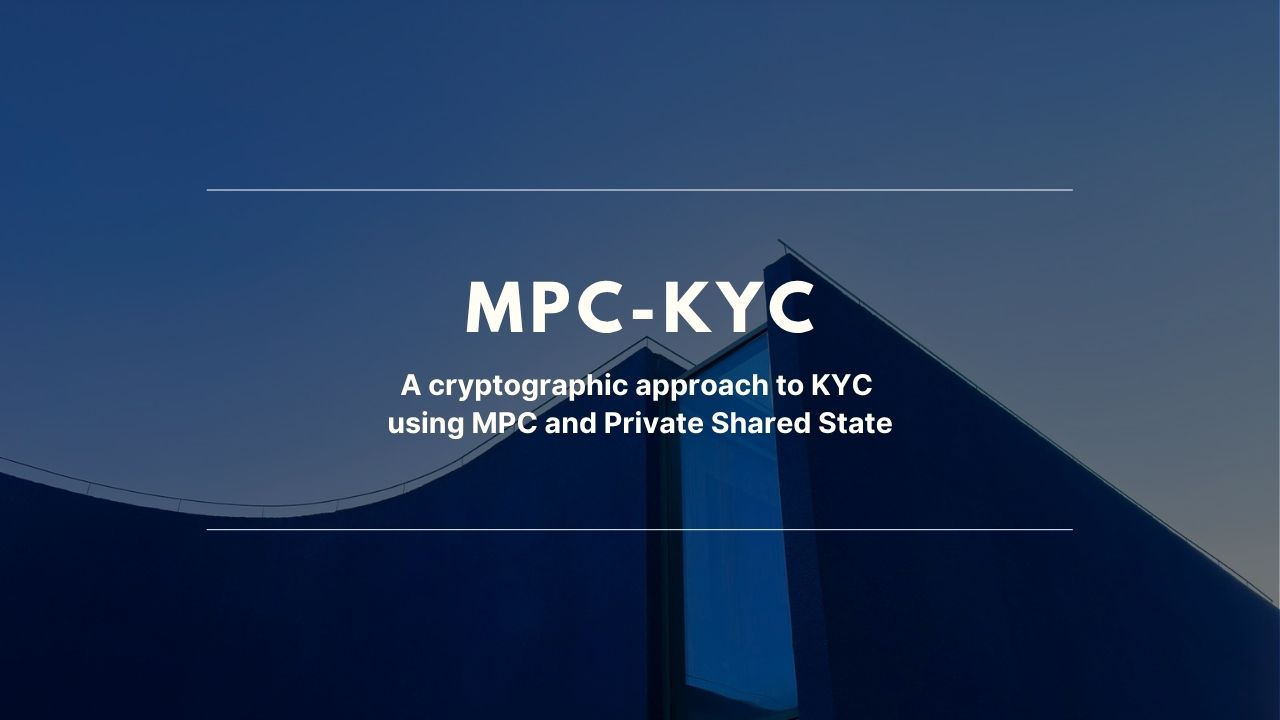
Reusable KYC Credentials: Onchain attestations allow users to complete KYC verification once and reuse the credential across multiple Web3 platforms and allowlists, reducing friction and onboarding time.
-

Enhanced User Privacy: By storing only attestations onchain and keeping sensitive data offchain, solutions like Blockpass On-Chain KYC® 2.0 minimize the risk of data breaches and protect user privacy.
-
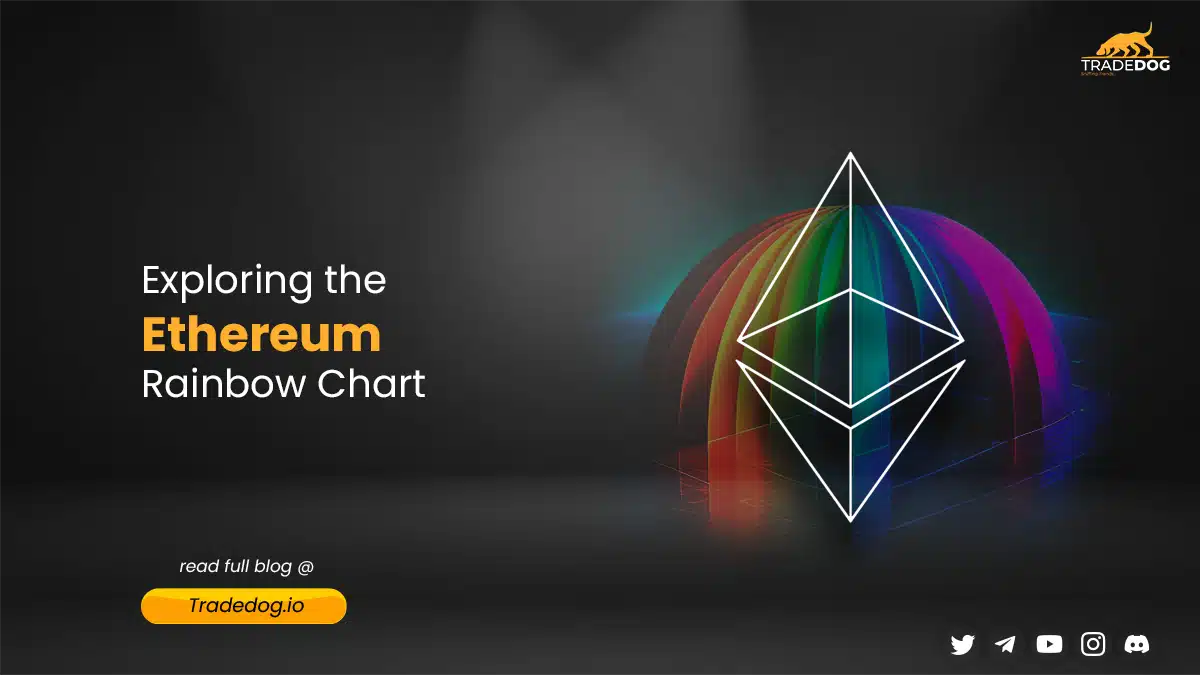
Instant, Trustless Verification: Platforms can verify users’ KYC status instantly by checking their onchain attestations, streamlining allowlist participation and token sale access without manual checks.
-

Interoperability Across Ecosystems: Protocols like Attest Protocol and Ethereum Attestation Service (EAS) enable attestations to be recognized across different chains and dApps, supporting seamless cross-platform identity verification.
-
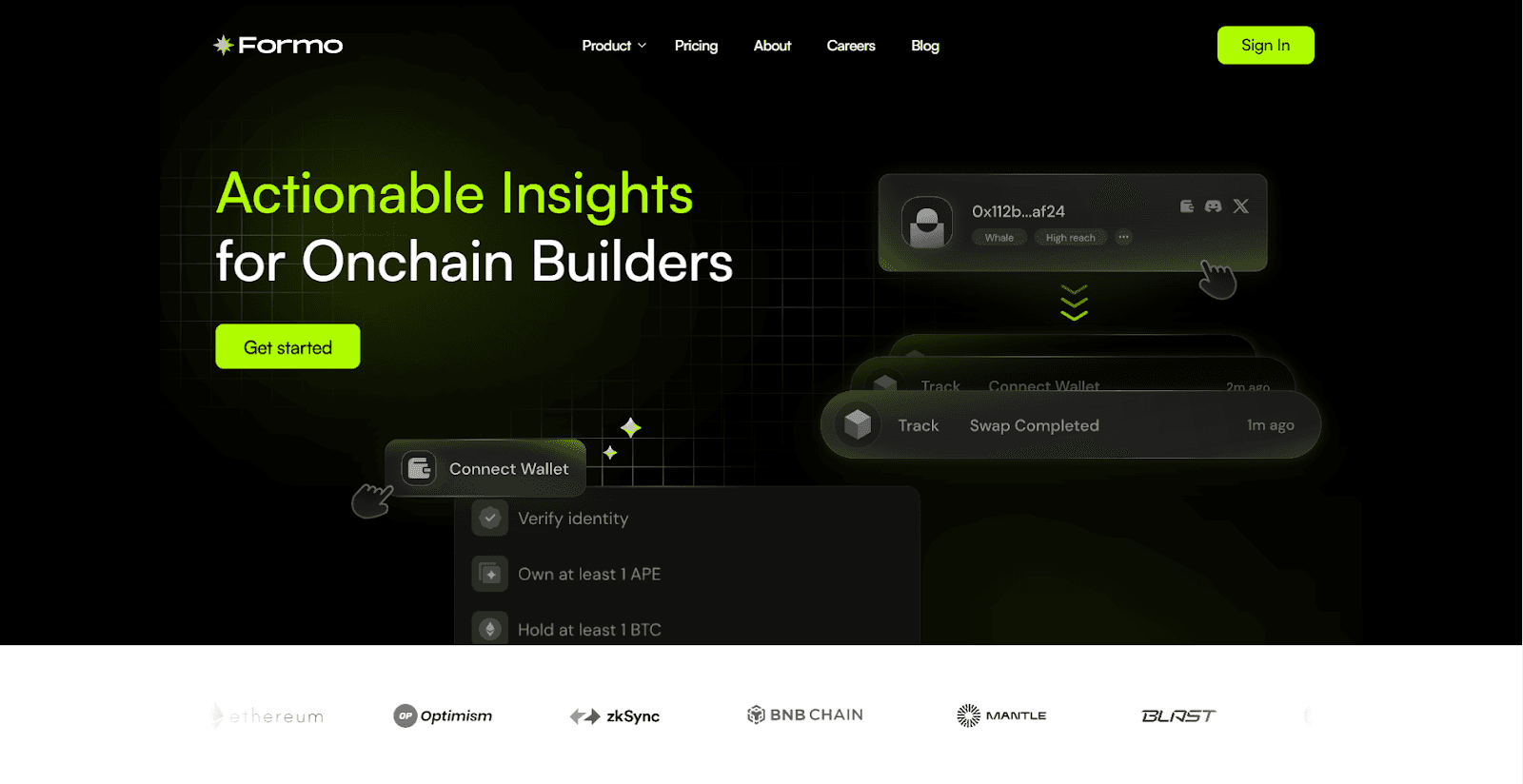
Flexible Access Control: Tools such as Formo leverage onchain attestations to create token-gated forms and surveys, ensuring only verified users can access sensitive or exclusive content.
This approach decouples sensitive personal data from the verification process. Only the attestation hash or metadata lives on-chain – not your name or passport number – preserving privacy while remaining fully auditable by any participant.
KYC for Token Sales: Efficiency Meets Compliance
The implications for token sale identity verification are profound. Smart contracts can instantly check if an address holds a valid KYC attestation before permitting participation. This eliminates manual reviews and enables truly decentralized access control mechanisms.
Platforms like Blockpass’s On-Chain KYC® 2.0 have pioneered this model by allowing businesses to issue reusable digital identities across multiple chains. Similarly, protocols such as Attest Protocol provide developers with schema-based attestations that are portable between ecosystems (attestprotocol.org). These innovations unlock composability for identity credentials – once verified, users can seamlessly join new allowlists without redundant onboarding steps.
The Architecture Behind Reusable Onchain Credentials
The core concept behind reusable KYC credentials on blockchain is interoperability. By leveraging standardized schemas (like those used by Ethereum Attestation Service), different platforms can recognize and validate attestations issued elsewhere. This fosters an open ecosystem where users control their identity proofs while platforms maintain regulatory compliance.
Projects no longer need to build custom verification flows or maintain sensitive databases. Instead, they can rely on the cryptographic integrity and global accessibility of the blockchain. This not only reduces operational overhead, but also creates a more inclusive experience for users, once verified, their credentials become portable across DeFi protocols, NFT marketplaces, and gated DAOs.
For token sales, this architecture is a game-changer. Smart contracts can enforce compliance at the point of transaction, denying access to non-KYCed wallets in real time. This approach also enables dynamic allowlists: as new users complete KYC with trusted providers like Blockpass or Attest Protocol, their attestation is instantly recognized by participating projects. There’s no need for manual updates or off-chain coordination.
Risks and Limitations
Despite their promise, onchain KYC attestations are not without challenges. The immutability of blockchain means that attestations must be carefully managed, revoking or updating credentials requires robust governance mechanisms. Interoperability depends on adherence to standardized schemas; fragmentation could undermine the universality of these proofs.
There are also privacy trade-offs to consider. Although personal data isn’t stored directly onchain, metadata about participation in KYCed events could be analyzed by sophisticated actors. Projects must design their systems with zero-knowledge proofs and privacy-preserving architectures wherever possible.
Top Risks and Mitigation Strategies for Onchain KYC Attestations
-

Risk: Exposure of Sensitive User DataOnchain attestations can inadvertently leak personal information if not properly designed, potentially leading to privacy breaches and regulatory violations.Mitigation: Use privacy-preserving protocols like Blockpass On-Chain KYC® 2.0, which stores only attestations onchain while keeping sensitive data offchain.
-
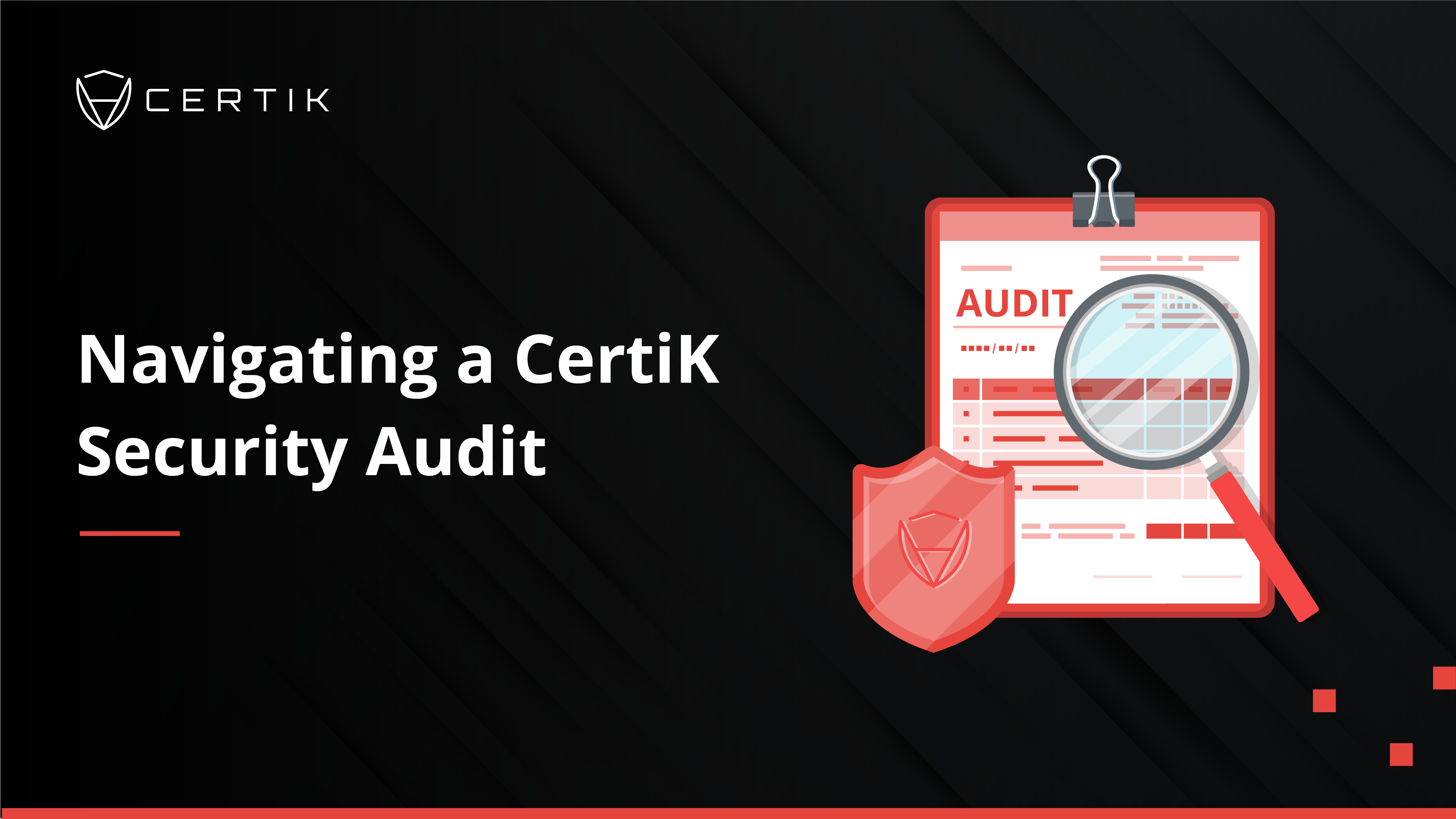
Risk: Attestation Forgery or CompromiseIf attestation issuers are compromised or their keys are leaked, malicious actors could issue fraudulent KYC attestations, undermining trust in the system.Mitigation: Rely on reputable, audited attestation providers such as Attest Protocol, and implement multi-signature or decentralized attestation issuance where possible.
-

Risk: Lack of Interoperability Across PlatformsDifferent platforms may use incompatible attestation schemas, limiting the reusability of KYC credentials and creating user friction.Mitigation: Adopt standards-based, schema-driven attestations (e.g., EAS or Attest Protocol), ensuring portability and cross-platform verification.
-
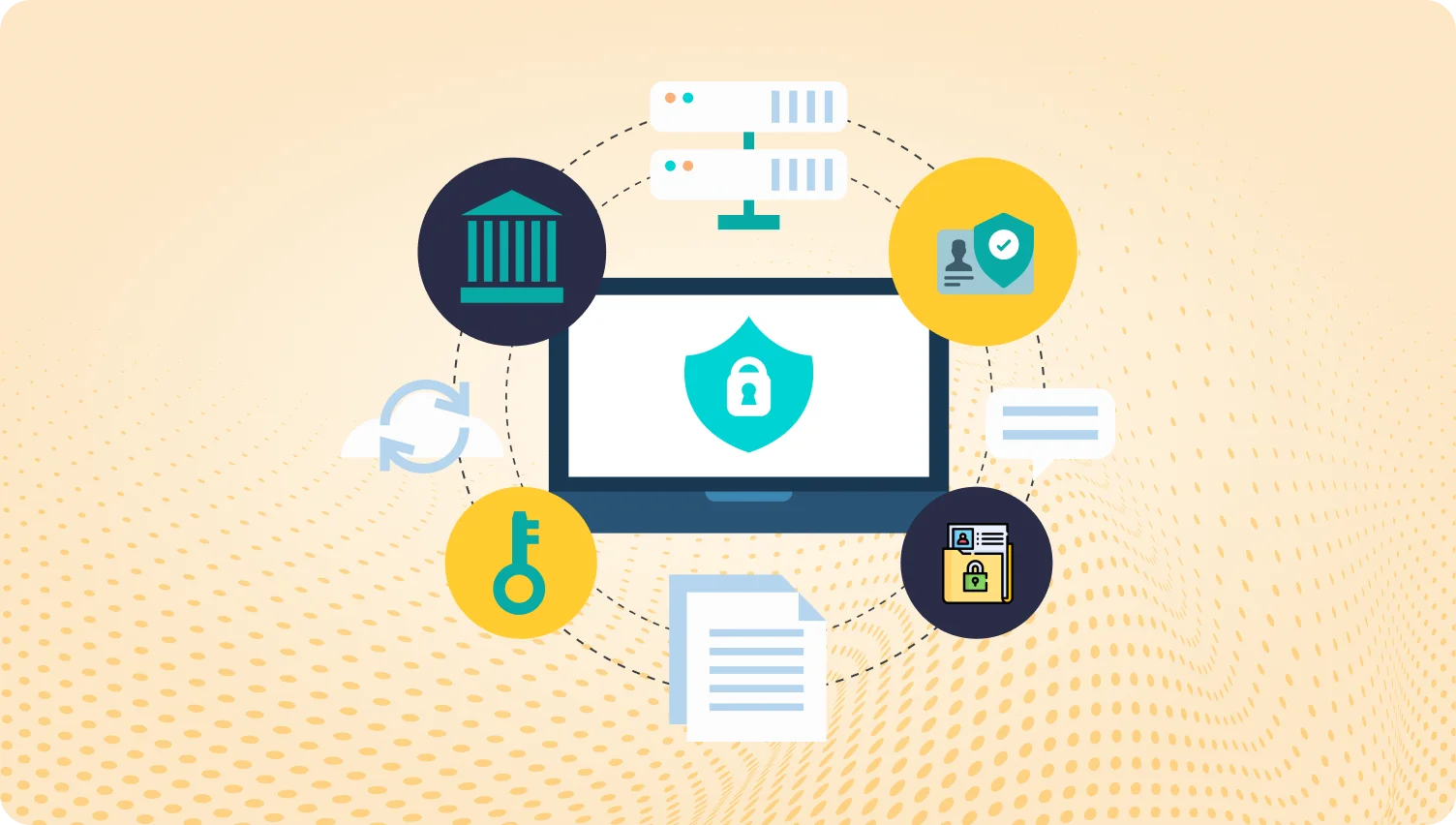
Risk: Onchain Data Permanence and Regulatory ComplianceImmutable onchain data may conflict with data protection regulations like GDPR, especially regarding the right to be forgotten.Mitigation: Store only non-personal attestations onchain and maintain offchain control over sensitive data. Use solutions like Blockpass that support regulatory compliance.
-
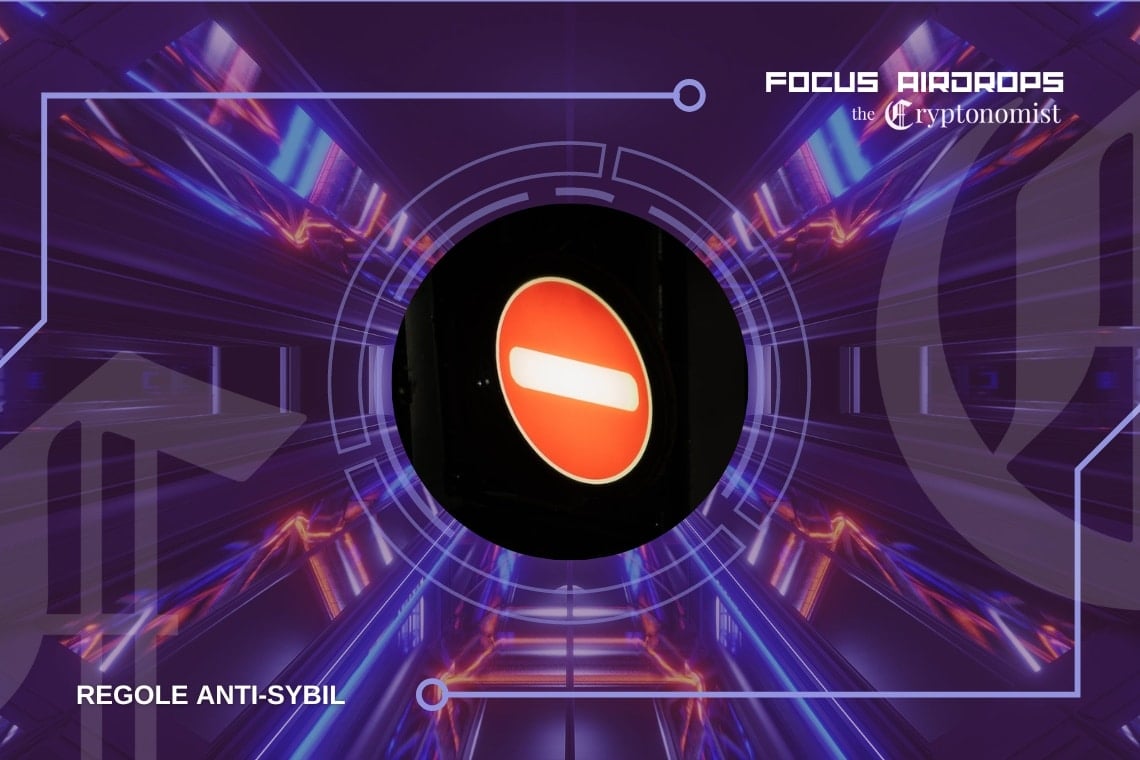
Risk: Sybil Attacks and Fake IdentitiesWithout robust KYC verification, attackers could create multiple fake attestations to bypass allowlist restrictions.Mitigation: Integrate strong KYC providers (e.g., Blockpass, Attest Protocol) and regularly audit attestation issuance to detect and prevent fraudulent identities.
The Road Ahead: Composable Identity in Web3
The momentum behind decentralized KYC compliance is only accelerating as regulators demand greater transparency from token issuers and DeFi platforms. Onchain attestations represent a critical bridge between trustless infrastructure and real-world identity requirements. As standards mature, driven by protocols like Blockpass and Attest Protocol: we’ll see greater interoperability across chains and dApps.
This evolution will empower users with true self-sovereign identity management: one-time verification unlocks participation in countless ecosystems without sacrificing privacy or security. For projects launching allowlists or conducting token sales, integrating reusable KYC credentials will soon be table stakes, not just for compliance, but for user experience and operational efficiency.
The future of token sale identity verification lies in composable, decentralized frameworks that put users first while satisfying regulatory demands. Onchain attestations are already reshaping the landscape, projects that embrace this paradigm will lead the next wave of secure, compliant Web3 innovation.






